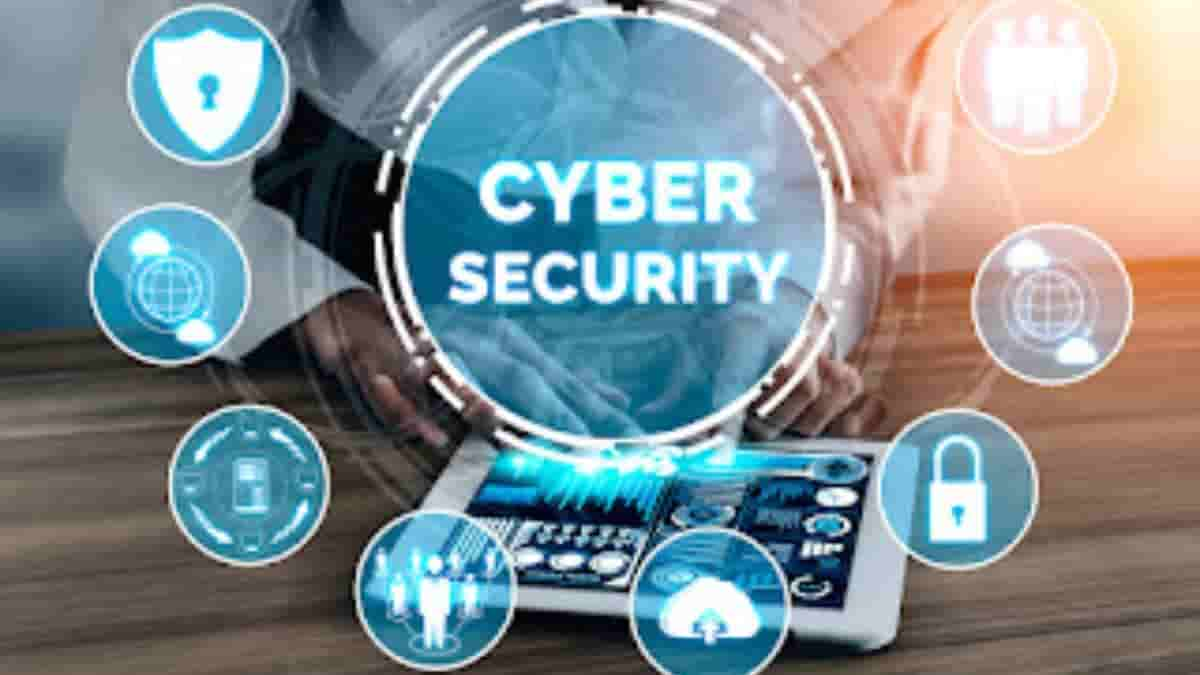Why cyberattacks are increasing and the government cannot do anything?

To keep up with the continuously evolving threats and tactics utilized by cybercriminals, municipalities must adopt a proactive rather than a reactive strategy for cybersecurity. Municipal governments may incur unusually large costs as a result of cyberattacks. Local governments usually experience financial difficulties, are less equipped for an assault, and lack skilled people.
Data suggests that municipal governments are susceptible to cyberattacks because they lack the necessary resources, expertise, and equipment. The fact that the majority of municipal governments cannot afford to hire a full-time cybersecurity employee exposes their data security to risk.
Local governments lack the knowledge and experience required to recognize cyberattacks and prevent data breaches. This may be in part because government agencies do not recognize the significance of cybersecurity. According to Kaspersky, a malware attack affected more than 20% of all internet users in 2019, a 14% increase from 2018. The number of computer attacks is increasing.
If you look at the long term, state and local governments offer a wealth of information regarding citizen behavior. It is understandable why online criminals could want to use the data collection for identity theft and other related crimes. As computer systems and networks become more interconnected, local governments are more susceptible to increasingly sophisticated attacks that exploit software and system flaws.
Anyone could be the target of a cyberattack. Even with a committed staff, the amount of time it takes to respond to a data breach can be expensive for the city’s taxpayers, jeopardize citizens’ privacy, and reduce public trust. The most ever government breaches were disclosed in 2019. Due to their limited resources for updating their networks and security systems, local governments frequently build organizational measures to guard against the growing risk of a cyberattack without the assistance of a professional IT team.
Insufficient security measures make it simple for hackers to get access to municipal systems, take over computer servers, and shut off public services like traffic lights and water quality. Since staff workers lack the skills essential to handle an attack or protect their data, there are often no policies in place and no defensive mechanism.
Since these systems are typically not synchronized across departments or regions, managing them is more difficult.

